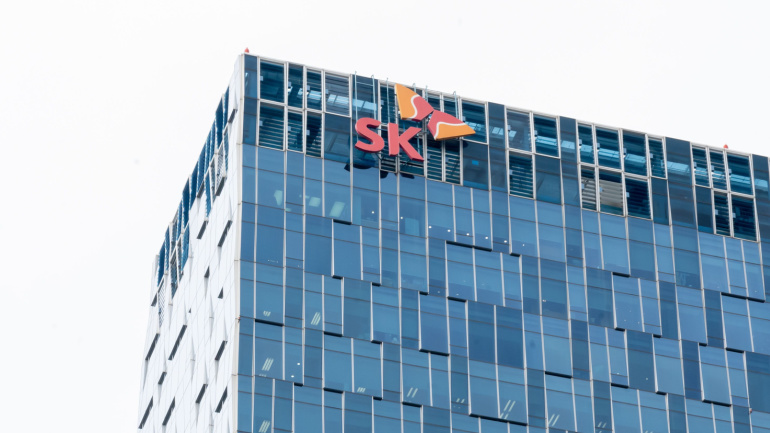The White House’s recent call to Congress for increased funding of the Affordable Connectivity Program (ACP) has significantly stirred the telecommunications sector. Putting forth a request to extend the ACP’s operations, the Biden Administration aims to stretch free and discounted internet provision to eligible households until December 2024.
IBM has introduced Watsonx Code Assistant, an AI-powered tool for enterprise software development. Riga Technical University partners with IS-Wireless to advance 5G Open RAN technology. Snom’s phones are certified for NetSapiens, streamlining deployment for telecom resellers. Google Maps enhances user experience with AI-powered features, offering Immersive View, improved navigation, and EV charging information, striving to outperform competitors.
Ofcom’s revised net neutrality rules in the UK now allow broadband providers to offer tiered services based on latency, not just throughput. Furthermore, these new regulations also permit the creation of specialized services, paving the way for network slicing and multi-access edge computing in the future. On the somewhat contentious front, zero-rating, or providing unrestricted access to specific online services, gets a green light, albeit with a few conditions.
Nokia’s 25G PON solutions are boosting Google Fiber’s bold venture into establishing a 20-Gbps service, though the full potential of such capacity remains untapped. However, Google Fiber, focusing on the future, views this as a crucial step towards achieving 100-Gbps services and beyond. Yet, does the necessity of such impressive speeds linger in doubt, or are these advancements setting a thrilling precedent in the field of telecommunications?
In a bold amalgamation move, Orange and MasMovil are set to combine their Spanish telecom operations in a €19 billion deal. European regulators, however, have expressed concerns, fearing a spike in consumer costs due to a potential market monopoly. To address these apprehensions, Orange and MasMovil are shedding some assets, with Romanian telecom Digi earmarked to acquire parts of the business, paving the way for a more competitive landscape. Californian tech enthusiasts, early adopters and IT professionals are keenly observing this development, which is seen as a yardstick for regulator sentiment towards large-scale telecom consolidation in Europe.
Ooma, Inc., a leading smart communications platform for businesses and consumers, has successfully acquired 2600Hz, Inc. The acquisition, valued at approximately $33 million in cash, closed on October 20, 2023. This strategic move is set to enhance Ooma’s business solutions and expand its market reach.
SK Telecom’s collaboration with AI pioneer Mars Auto, brings forth a compelling vision for autonomous trucking, leveraging SKT’s 5G prowess and Mars Auto’s AI system. With Mars Auto’s AI armed with extensive roadway data from SKT, there’s a promise of safer, more efficient self-driving services. SKT’s continued strides in telecom, signified by the company’s alliance with Deutsche Telekom and massive investment in AI firm Anthropic, show signs of transformative potential for the telecom sector.
Initiated by the UK government, the Shared Rural Network (SRN) aims to eradicate coverage black spots and ensure widespread 4G coverage. This project has been approached with differing bravado by top network operators. Juncture tensions arise as key operators plead for deadline leniency, while EE stands confident in its progress. All eyes are on the government’s response to this collective request while interest in the ongoing infrastructure debate climaxes. Stay informed as the narrative unfolds.
The FCC has set the wheels in motion to reinstate open internet protections, sparking dynamic public conversations around net neutrality. They aim to frame both fixed and mobile broadband as imperative telecommunication services by the Communications Act. This move could effectively address the recurring issue of broadband outages impacting significant sectors like jobs, education, healthcare, safety, and more. However, the proposal doesn’t stop there, it also plans to ensure stringent nationwide open internet regulations to prevent ISPs from manipulating content accessibility based on payment.
Golden opportunity or a hasty gamble? KKR’s pursuit to acquire Telecom Italia’s anticipated NetCo has been met with challenges from Vivendi, TIM’s largest shareholder. Confronting the complexity of separate asset sales and the valuation tug-of-war, it’s clear there’s more to this story than meets the eye.













